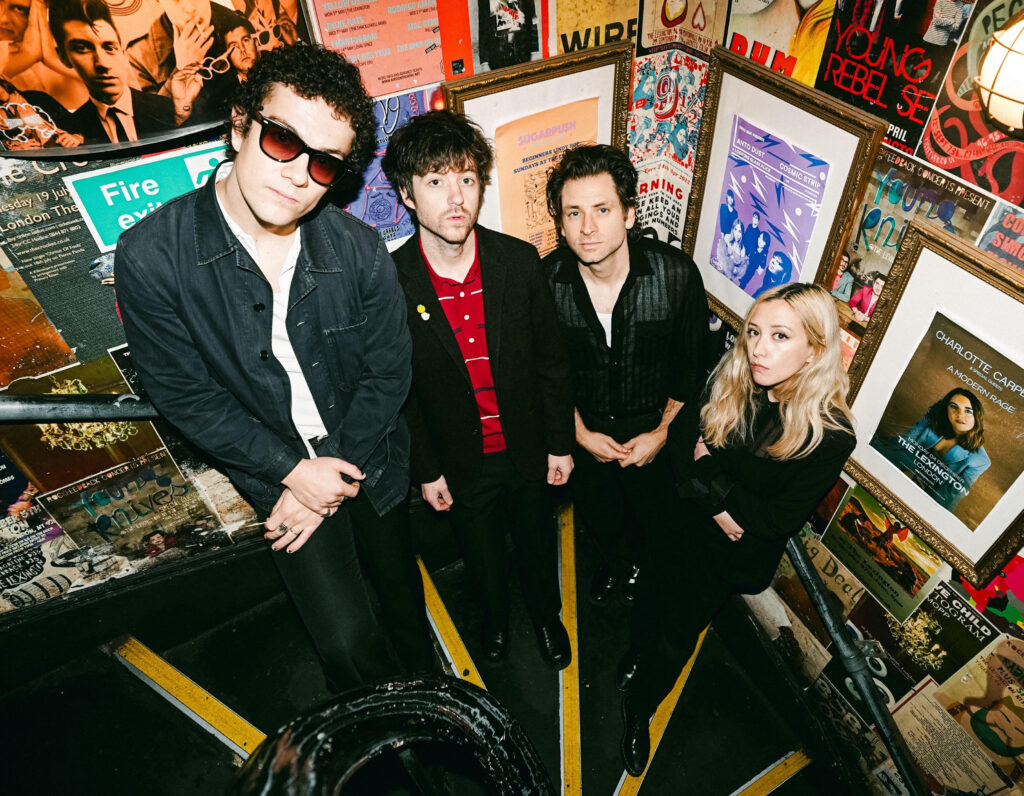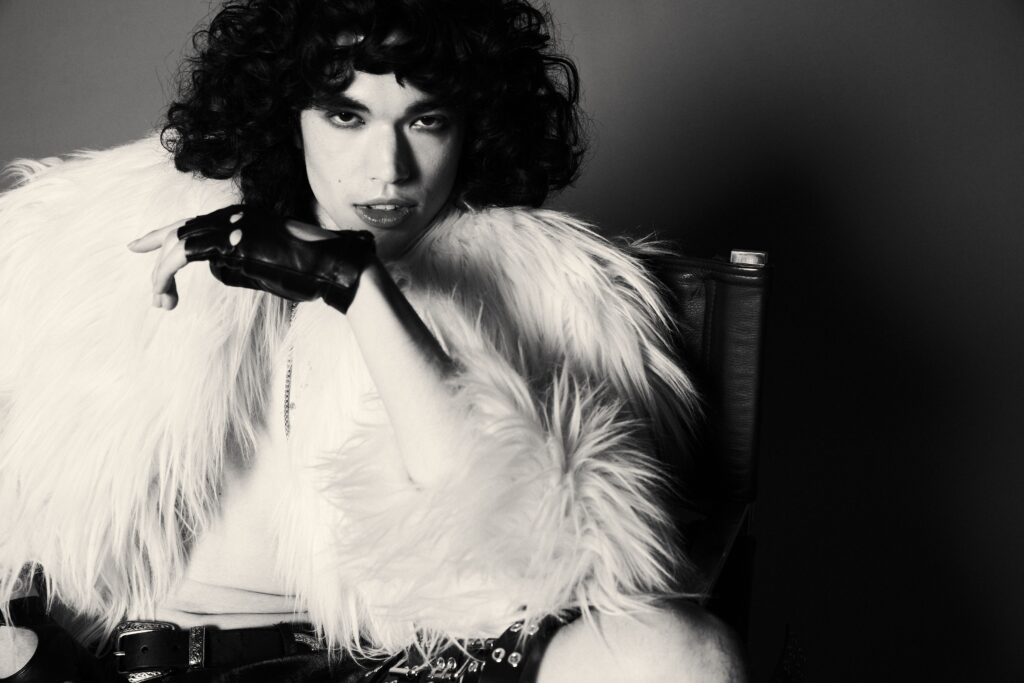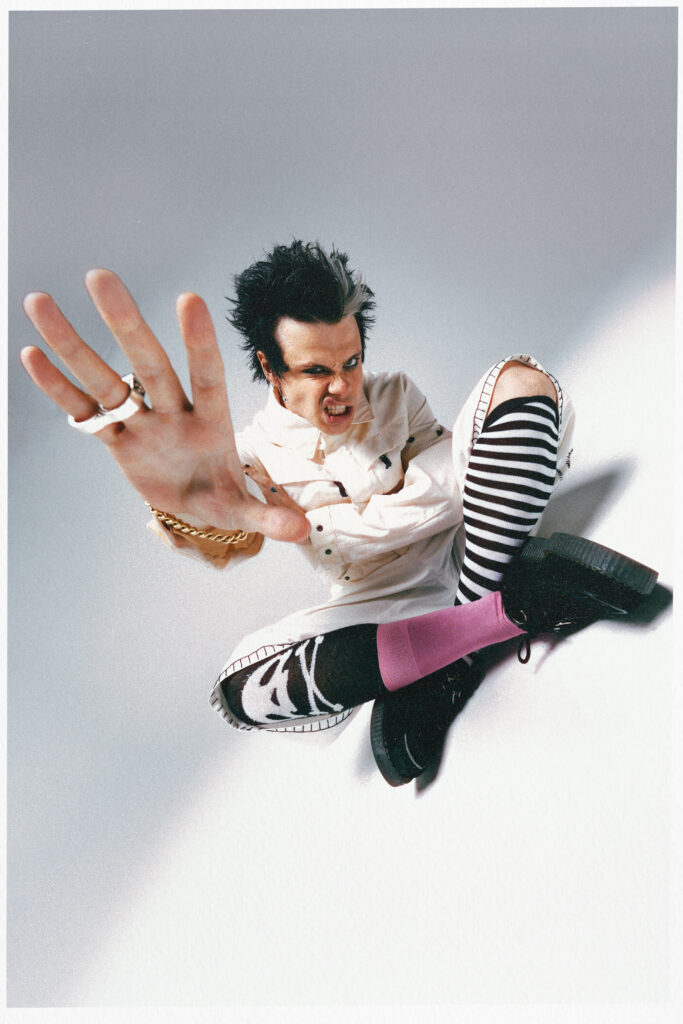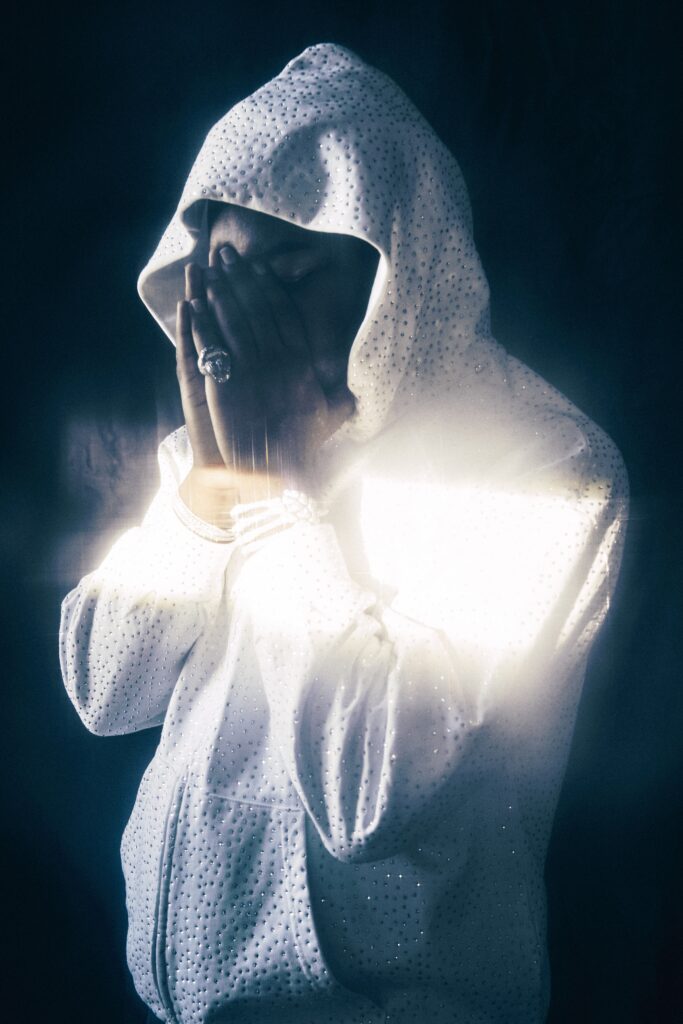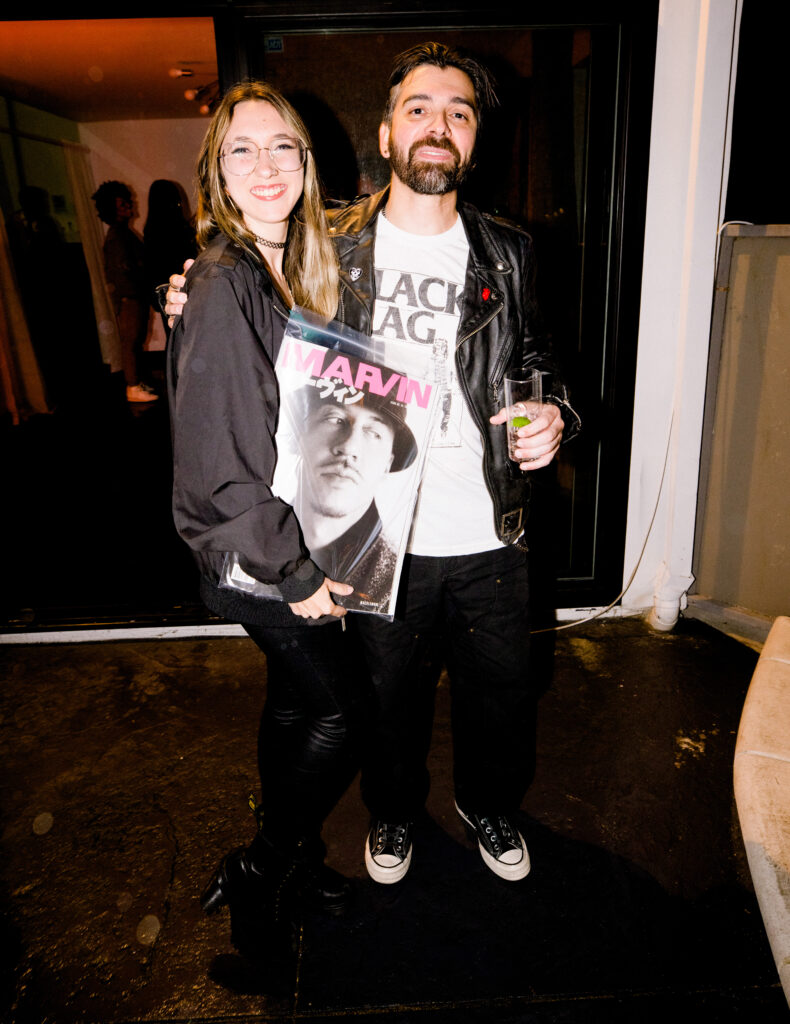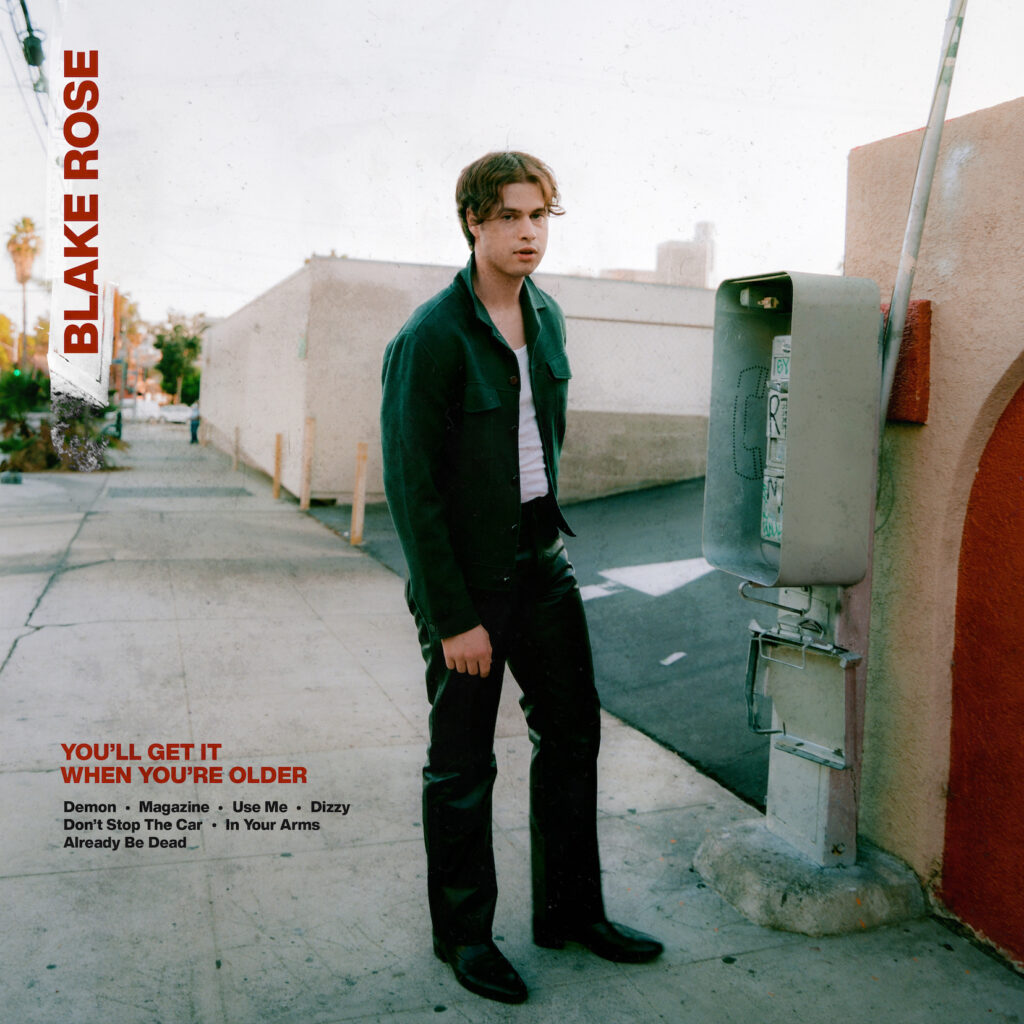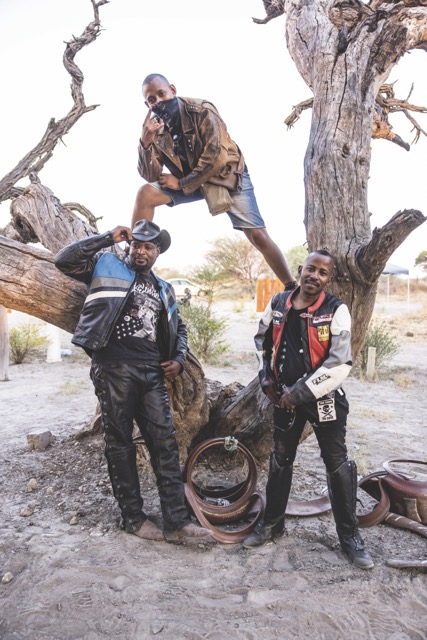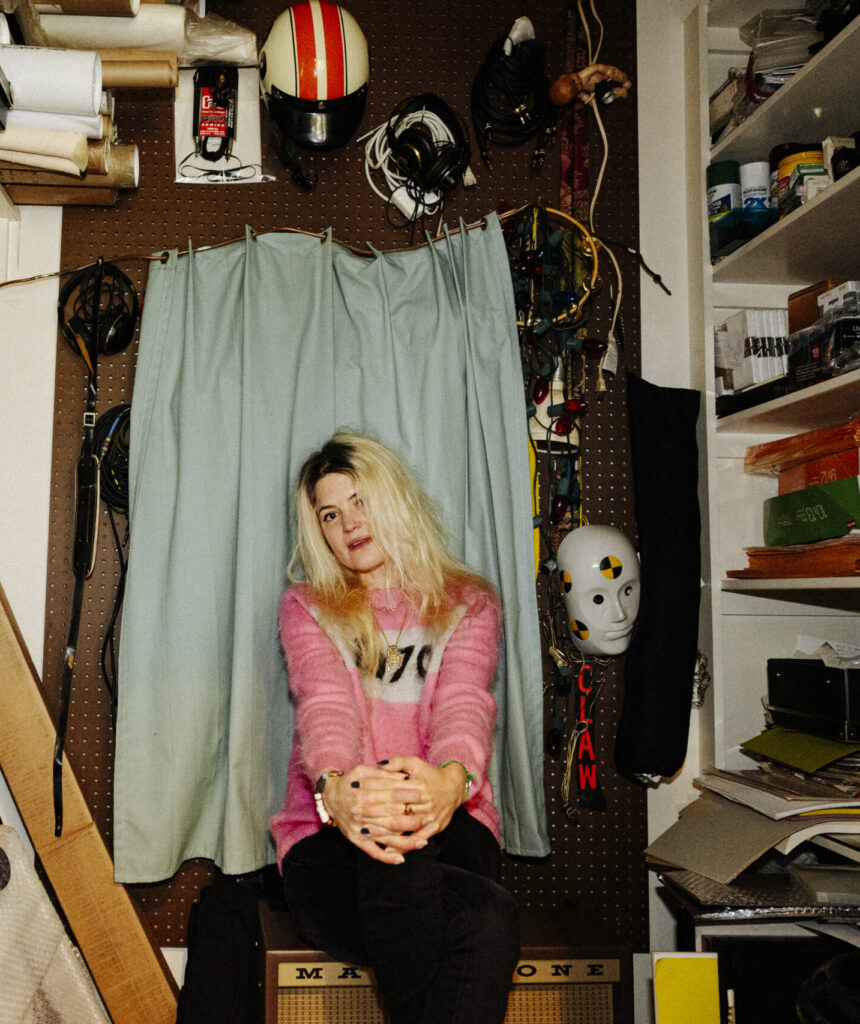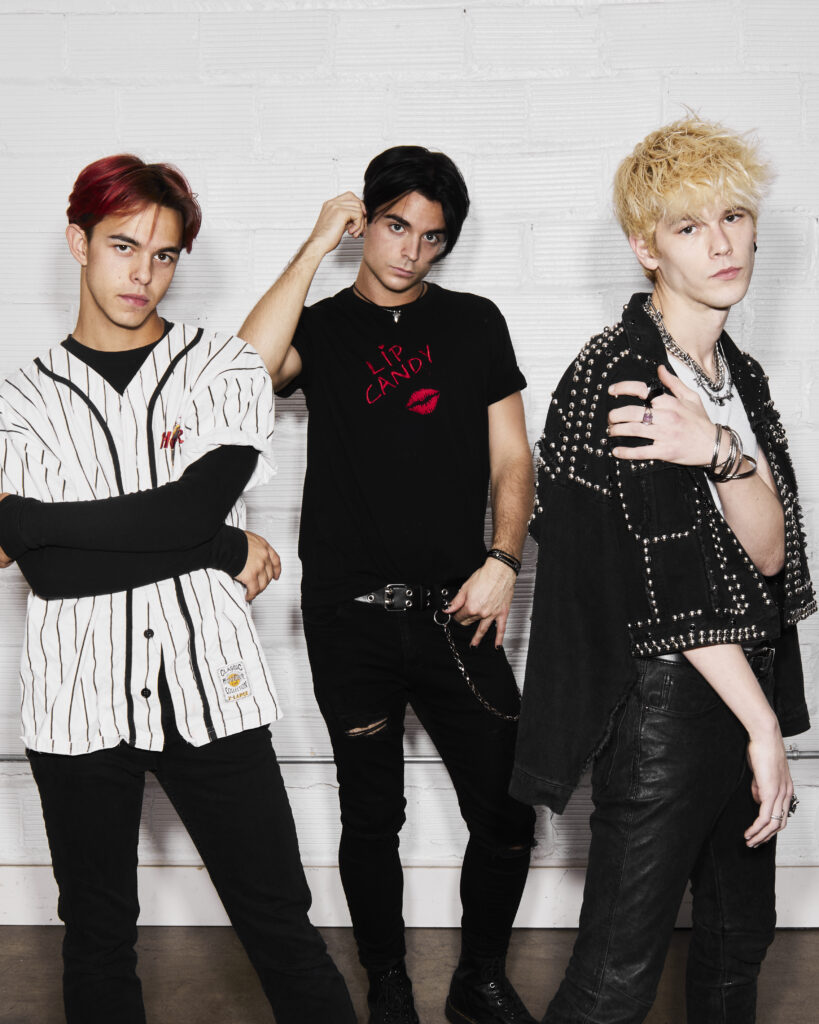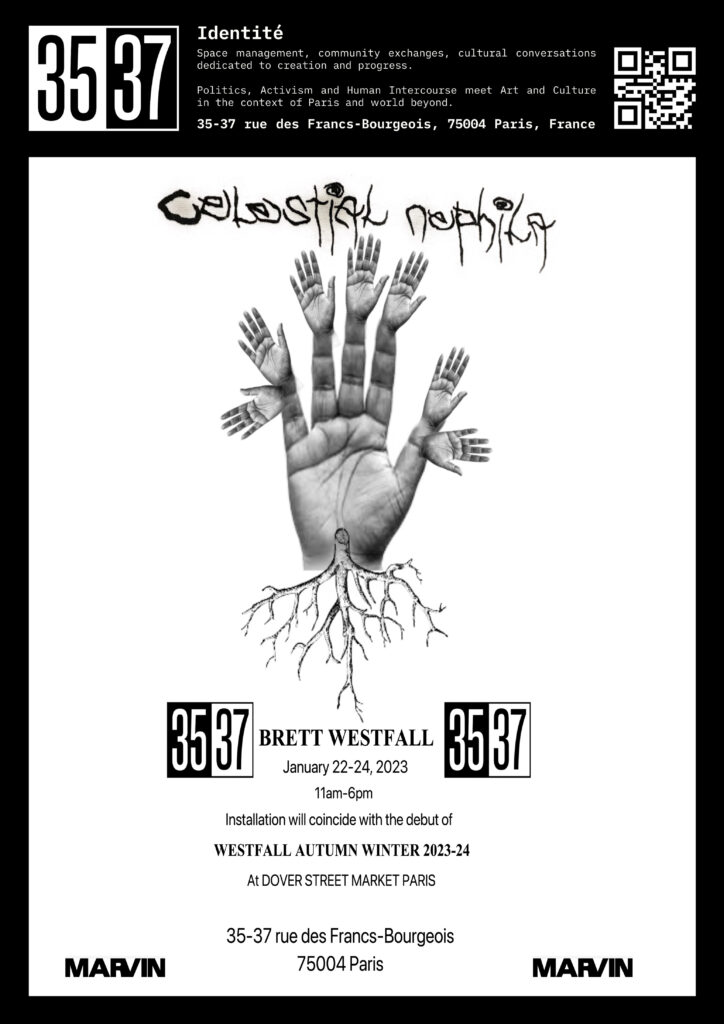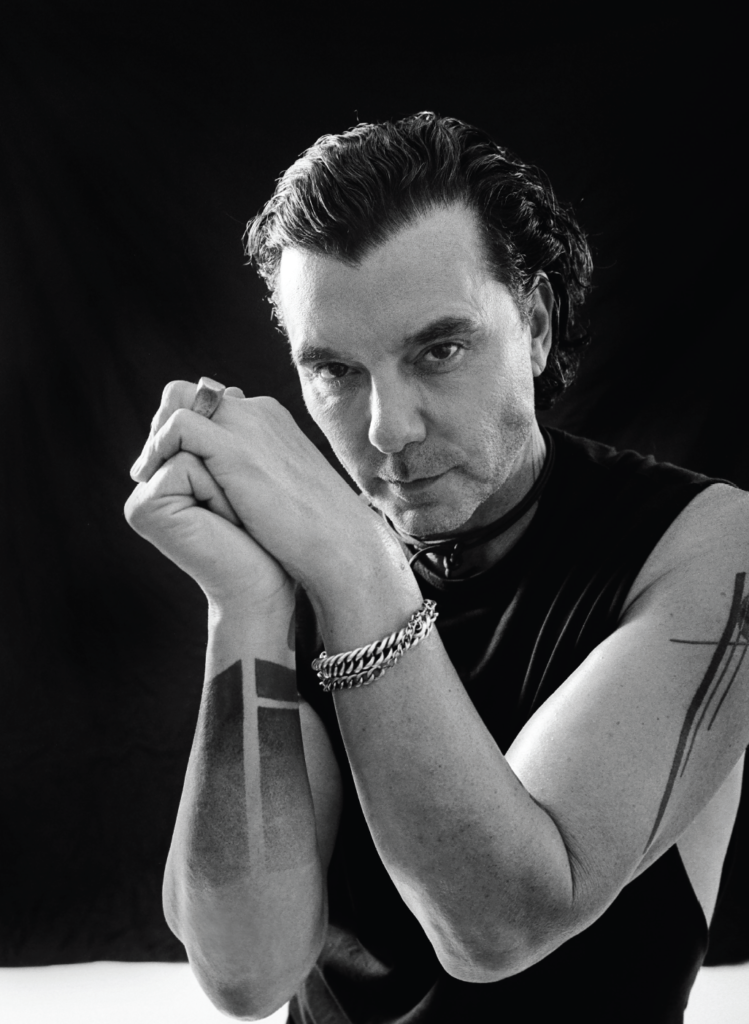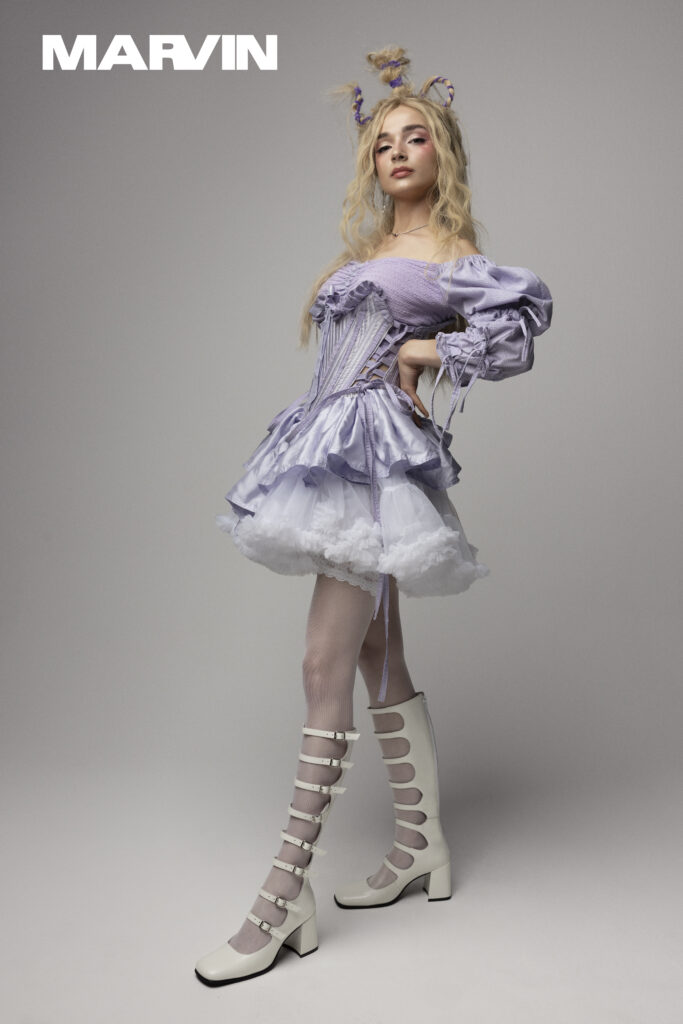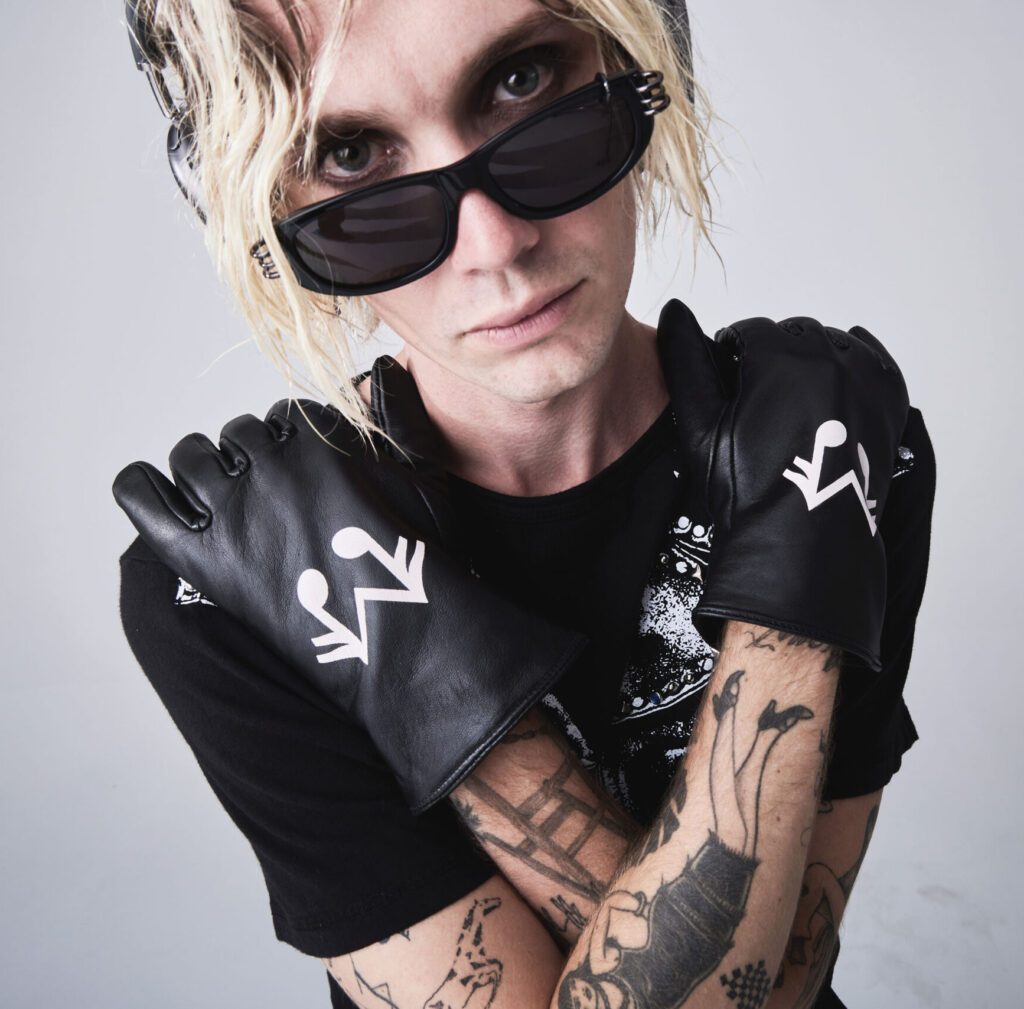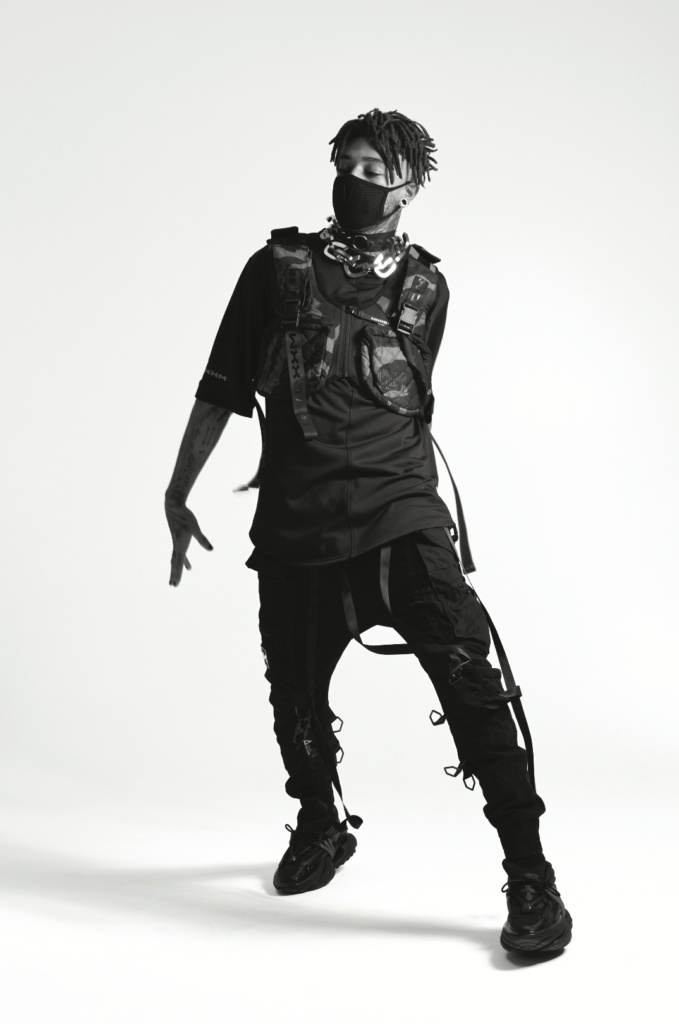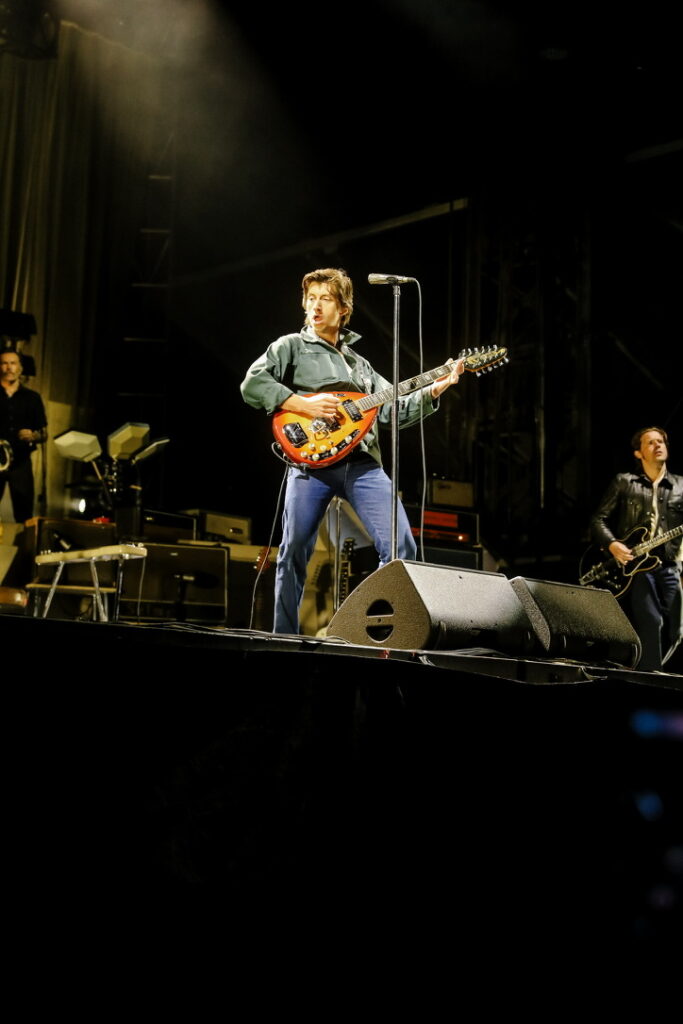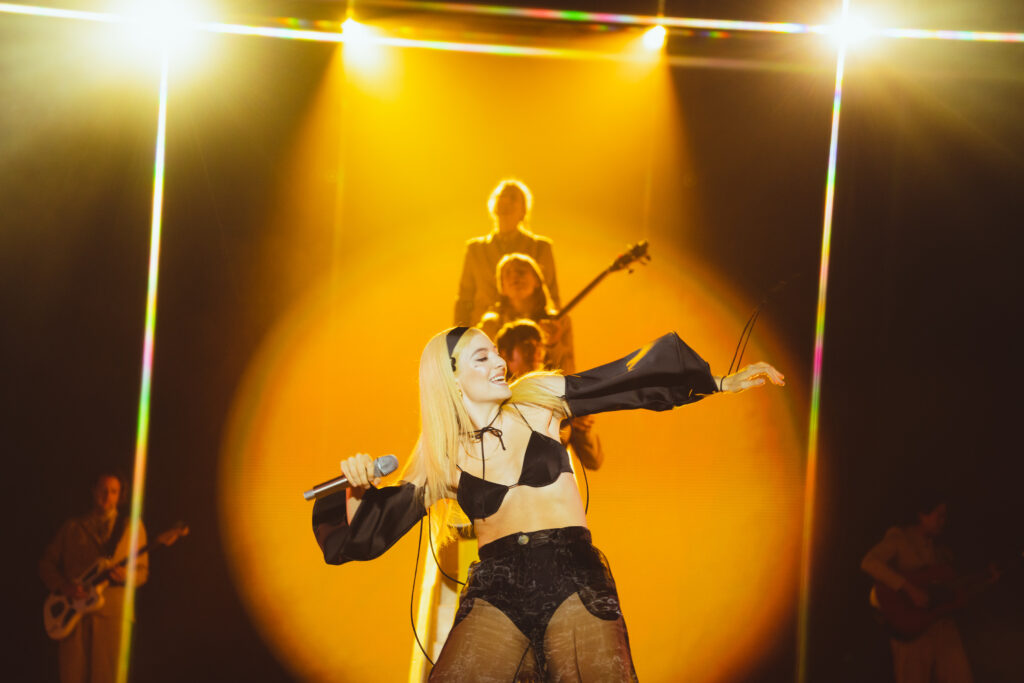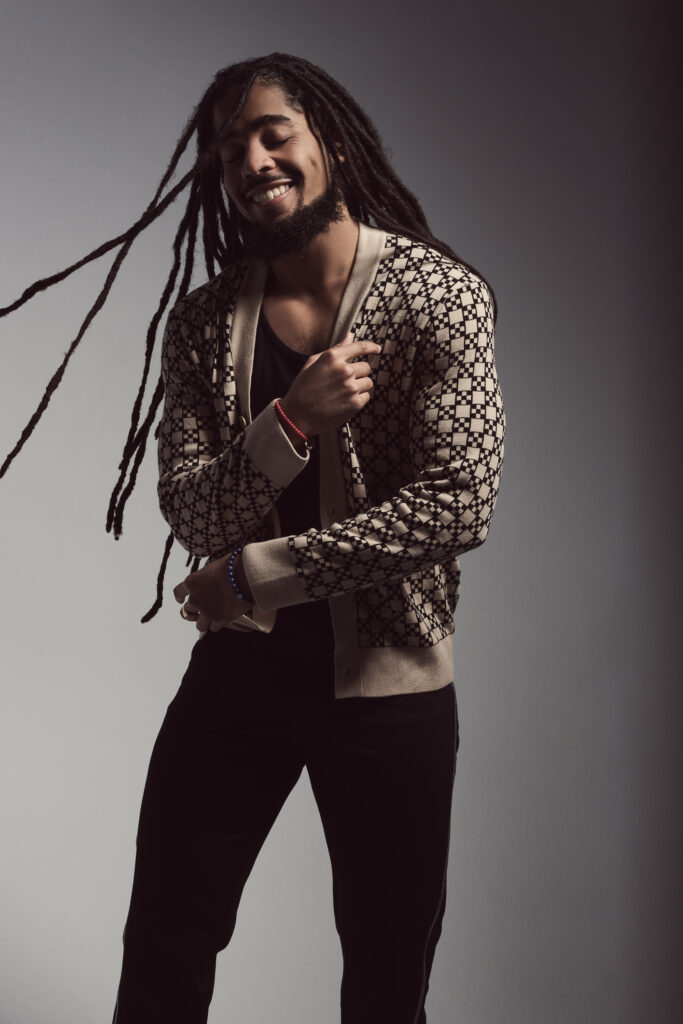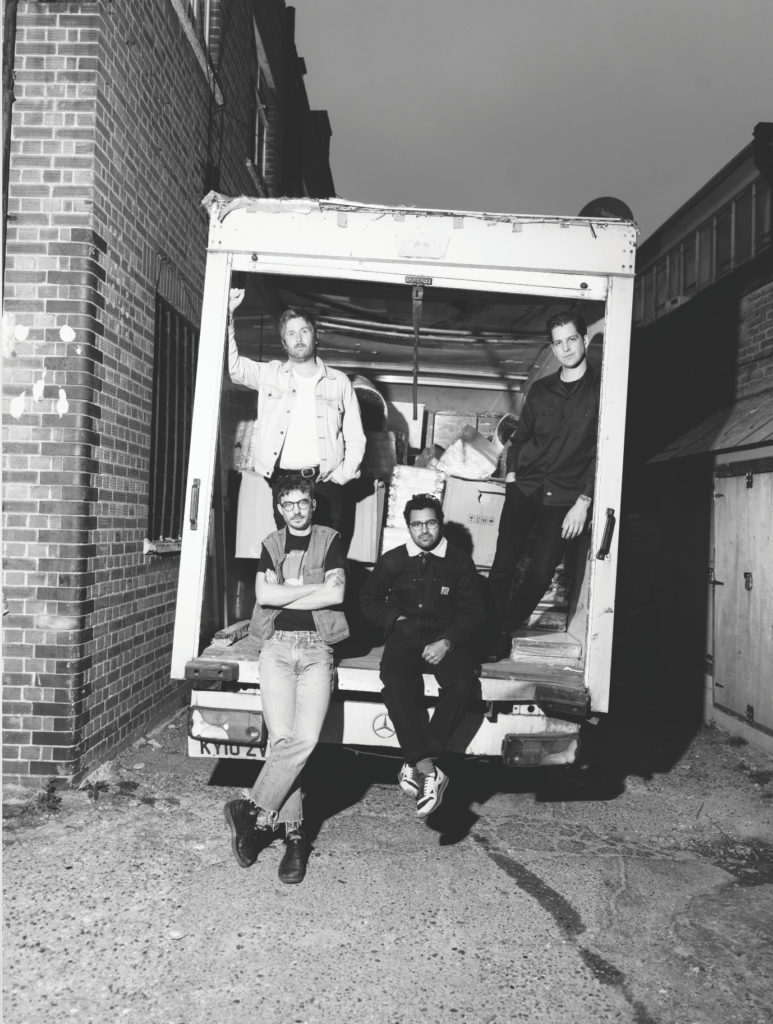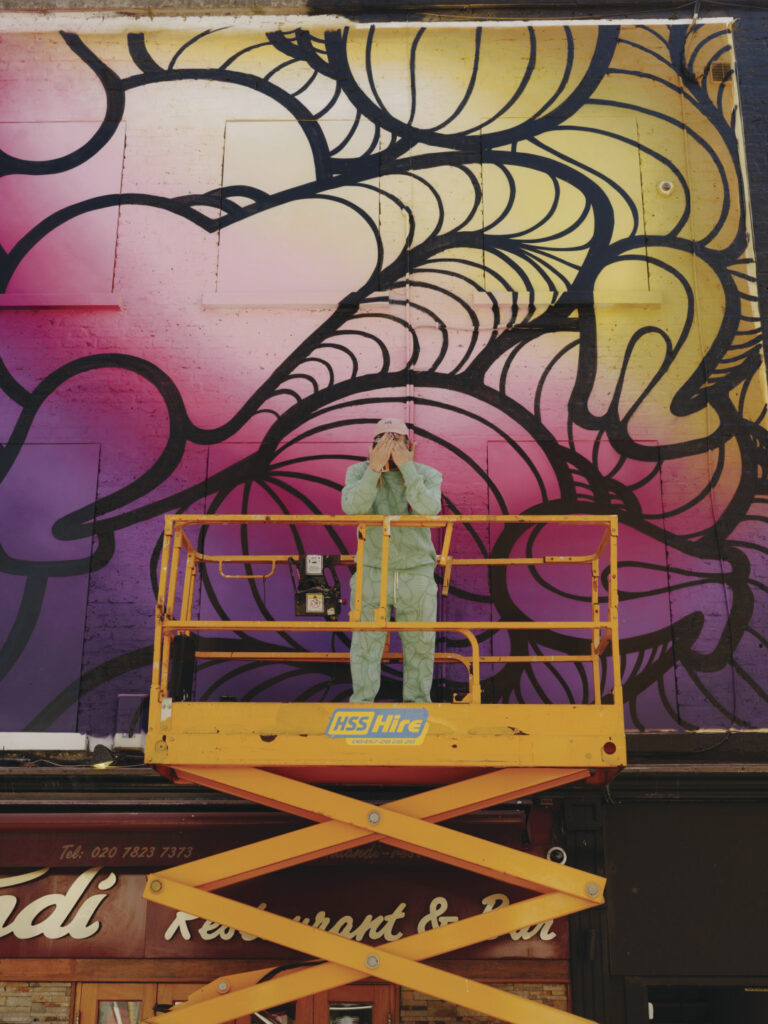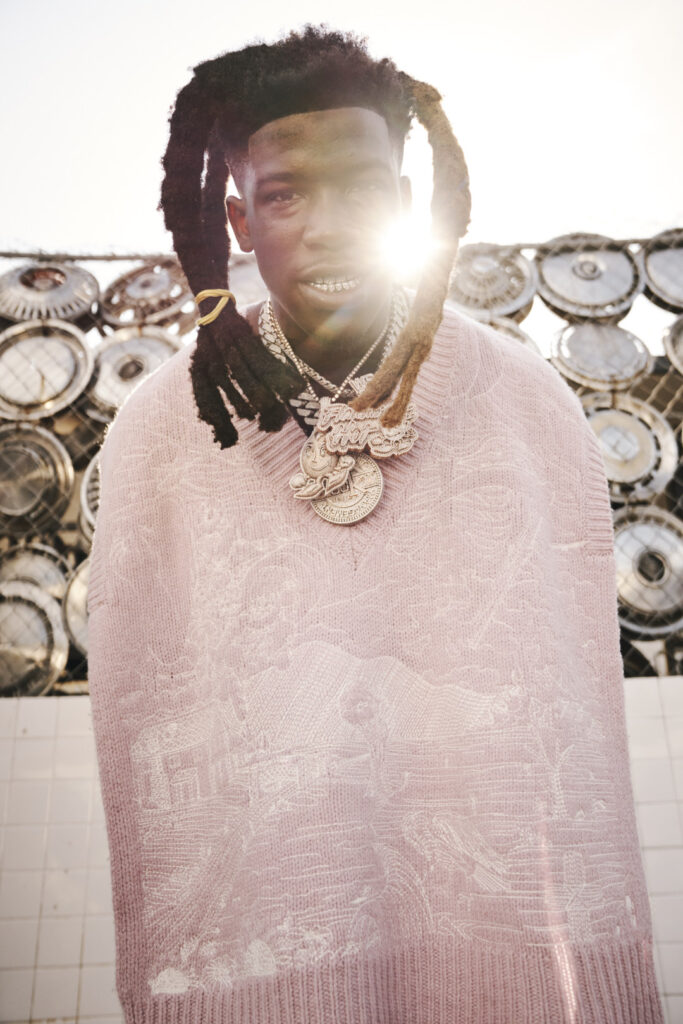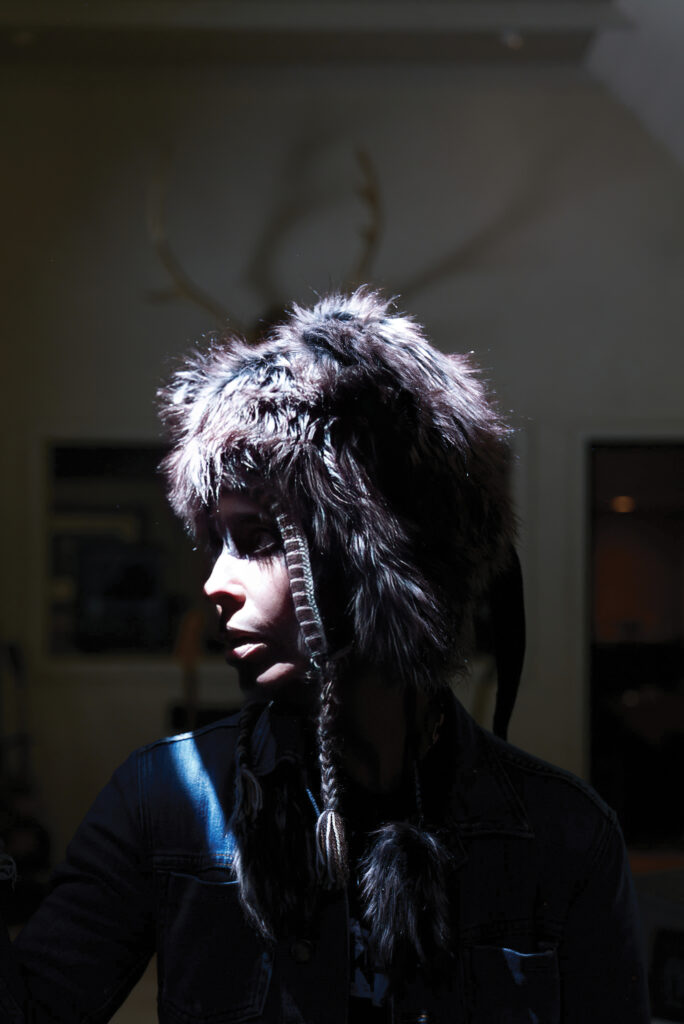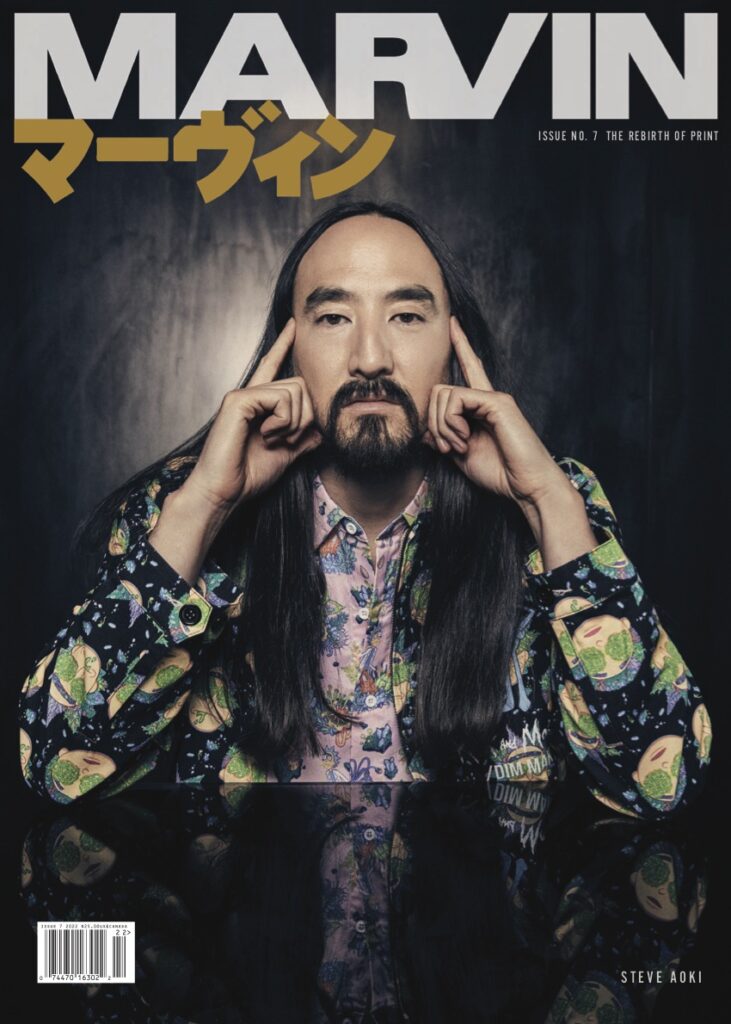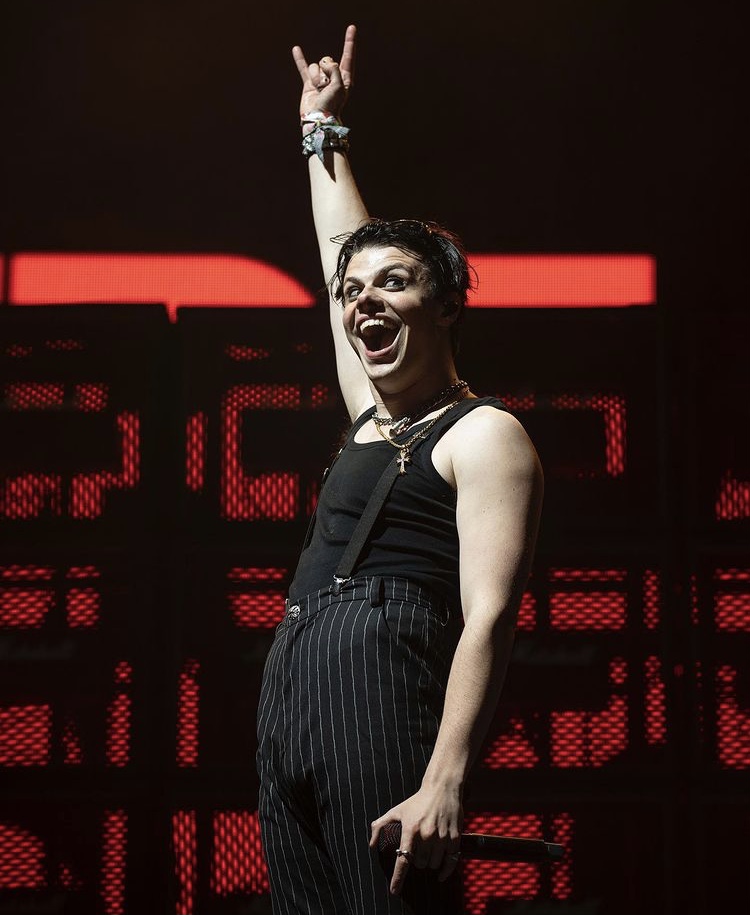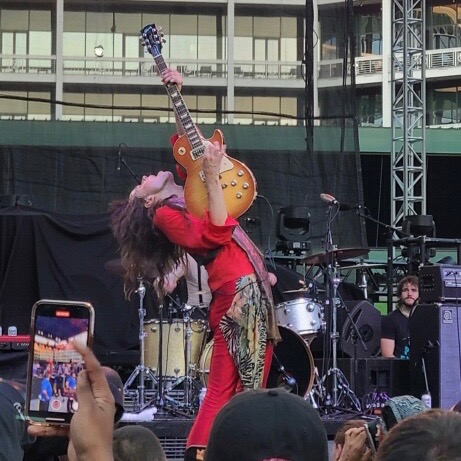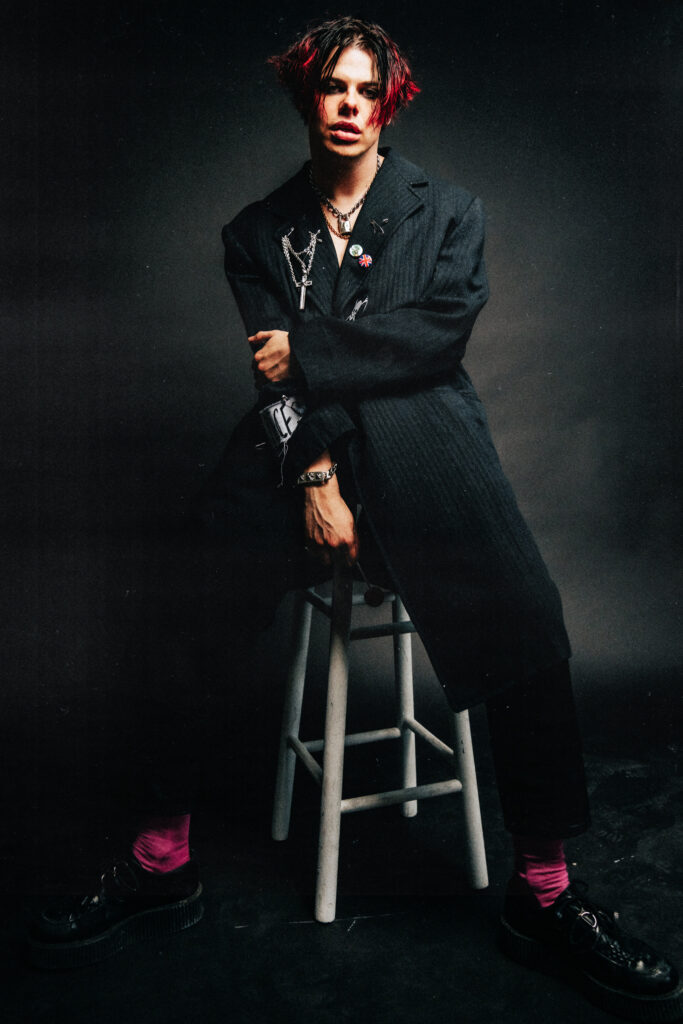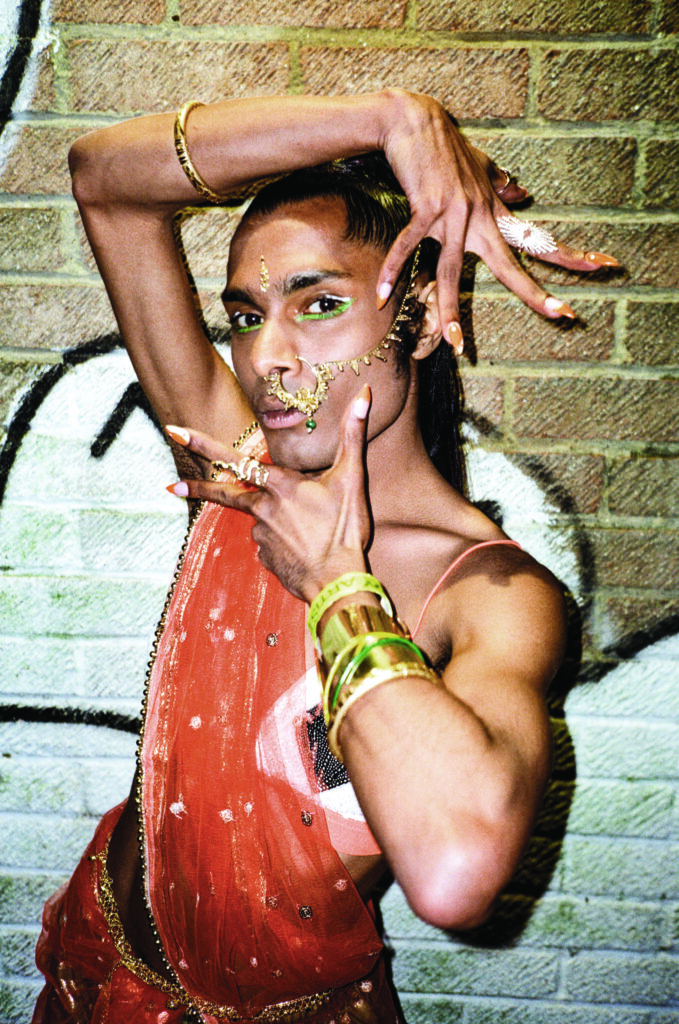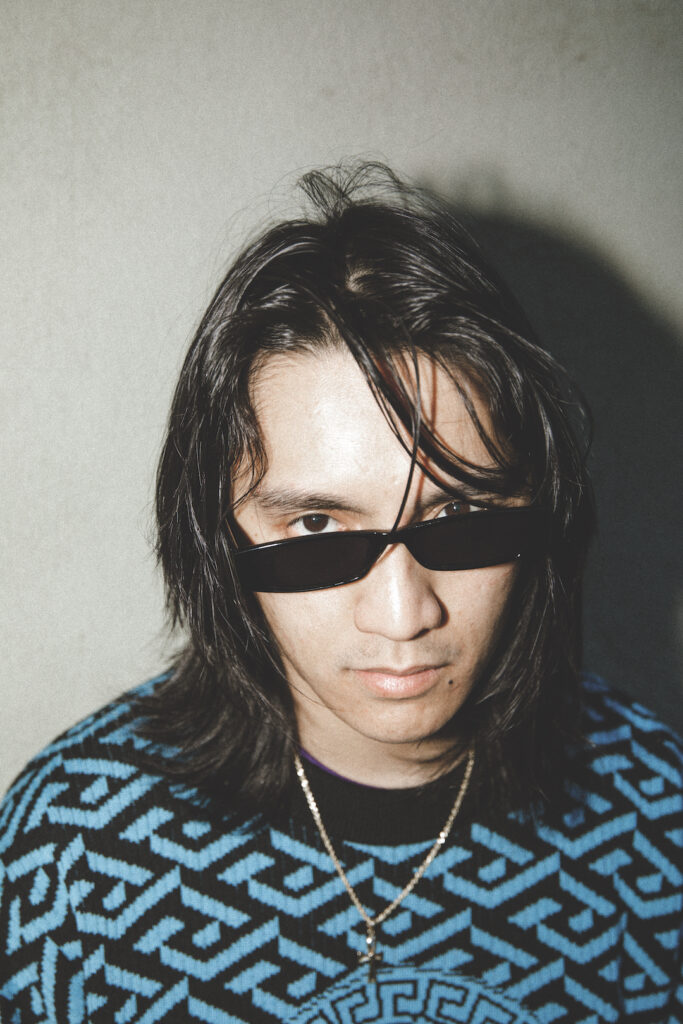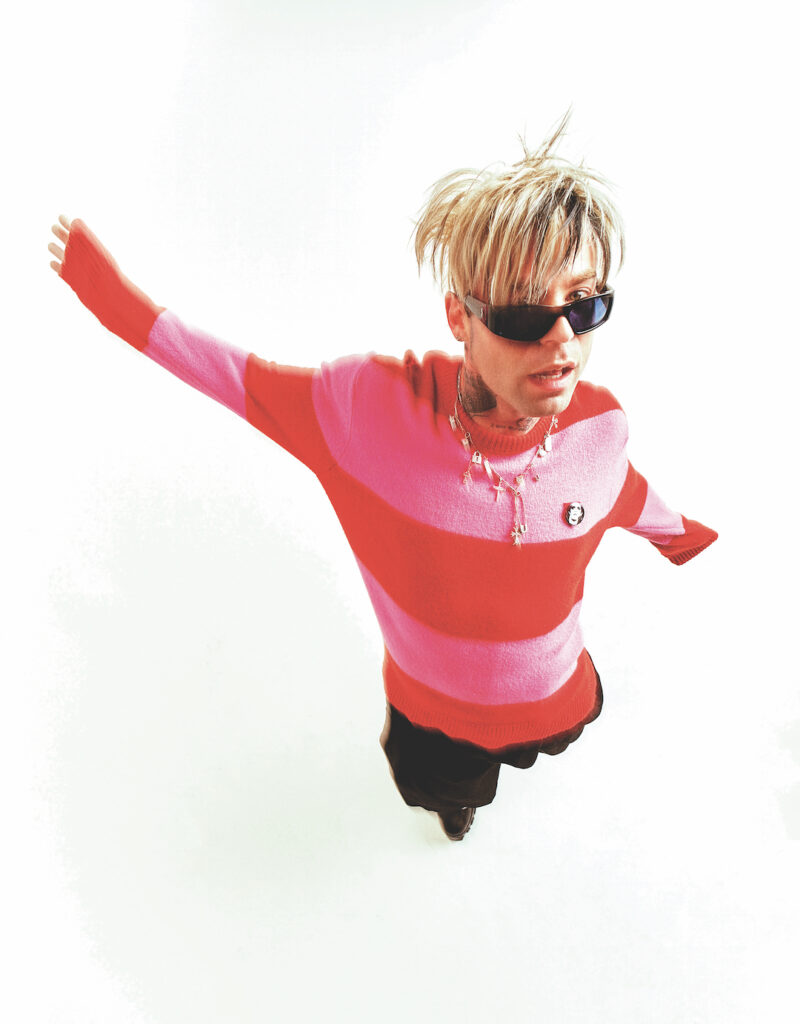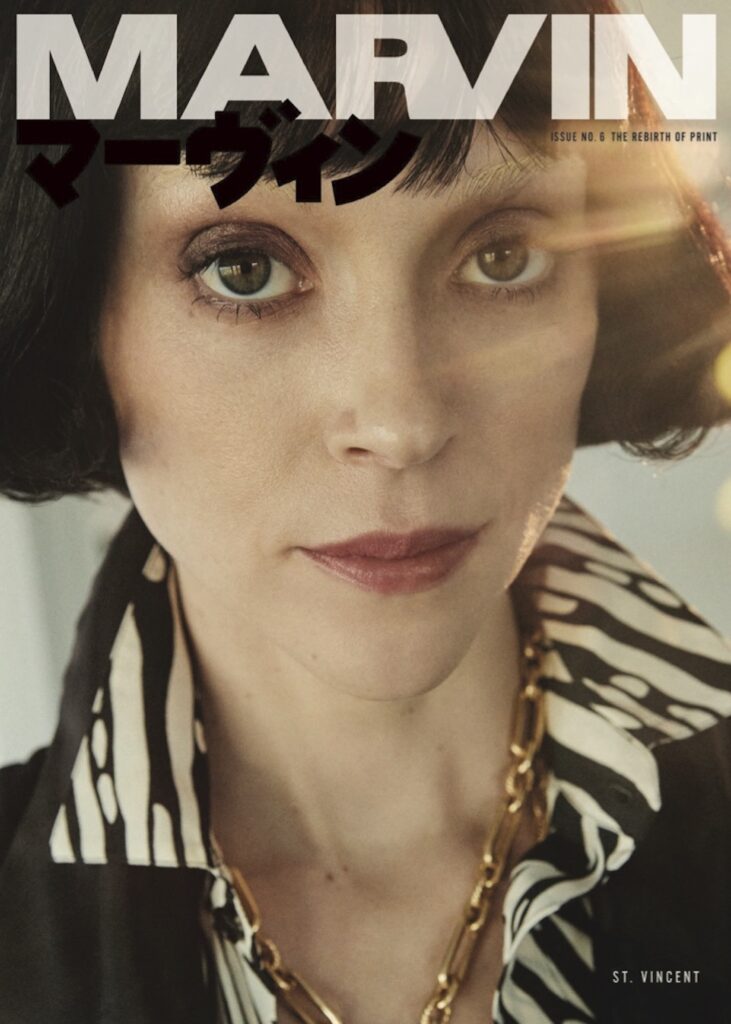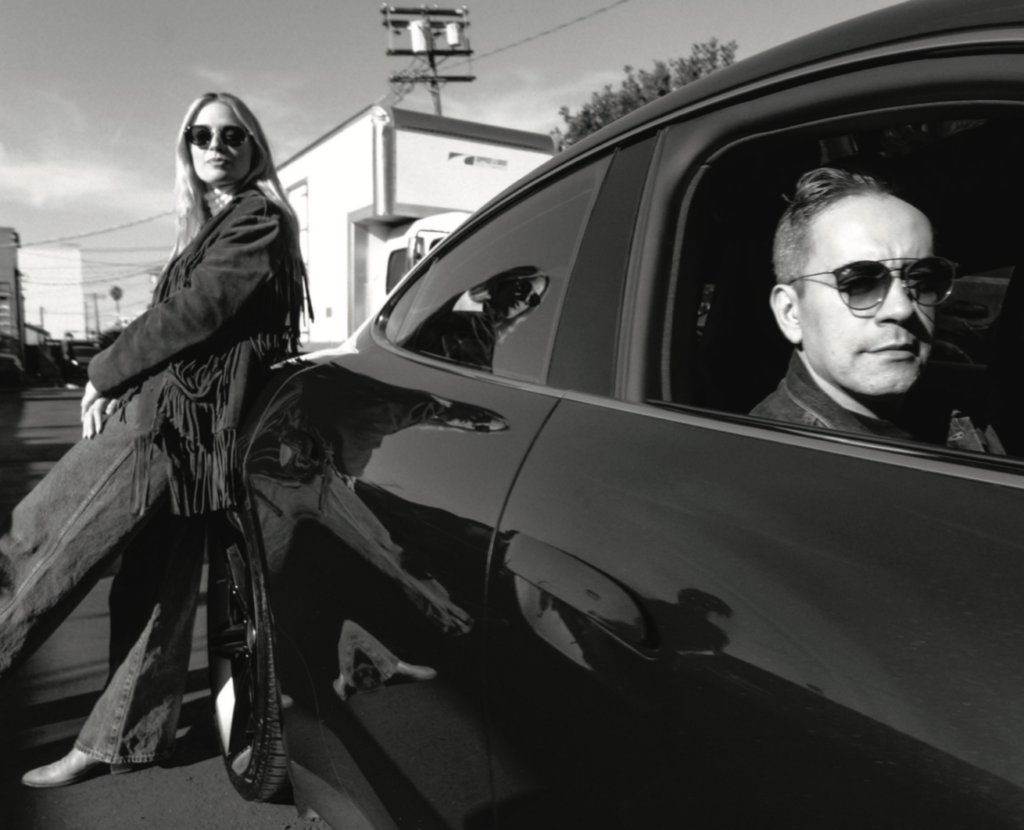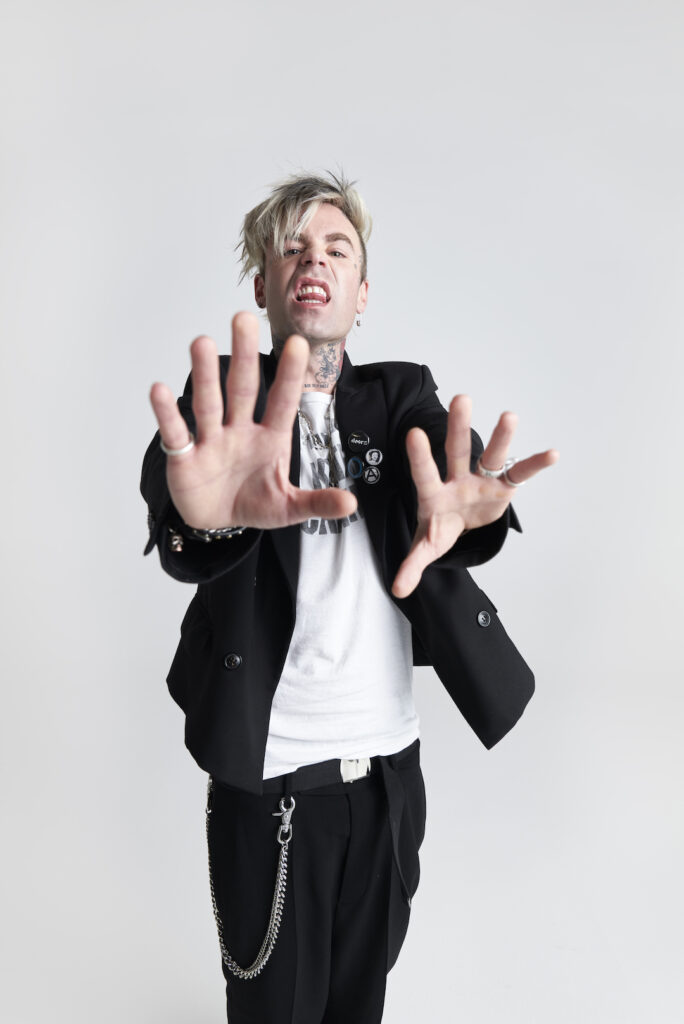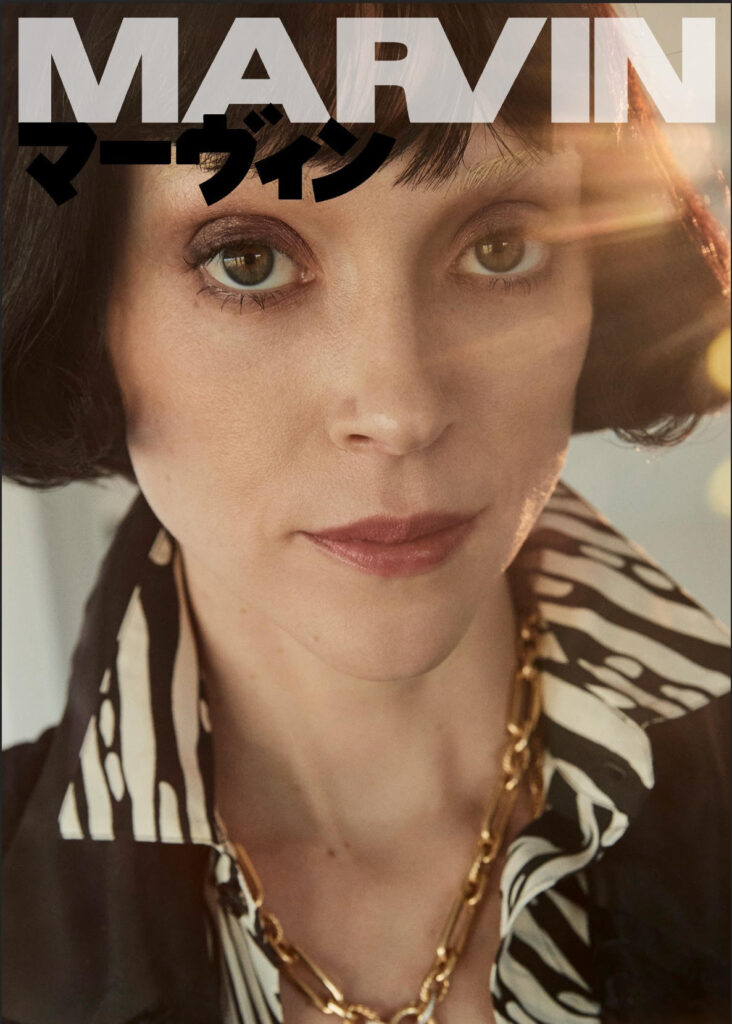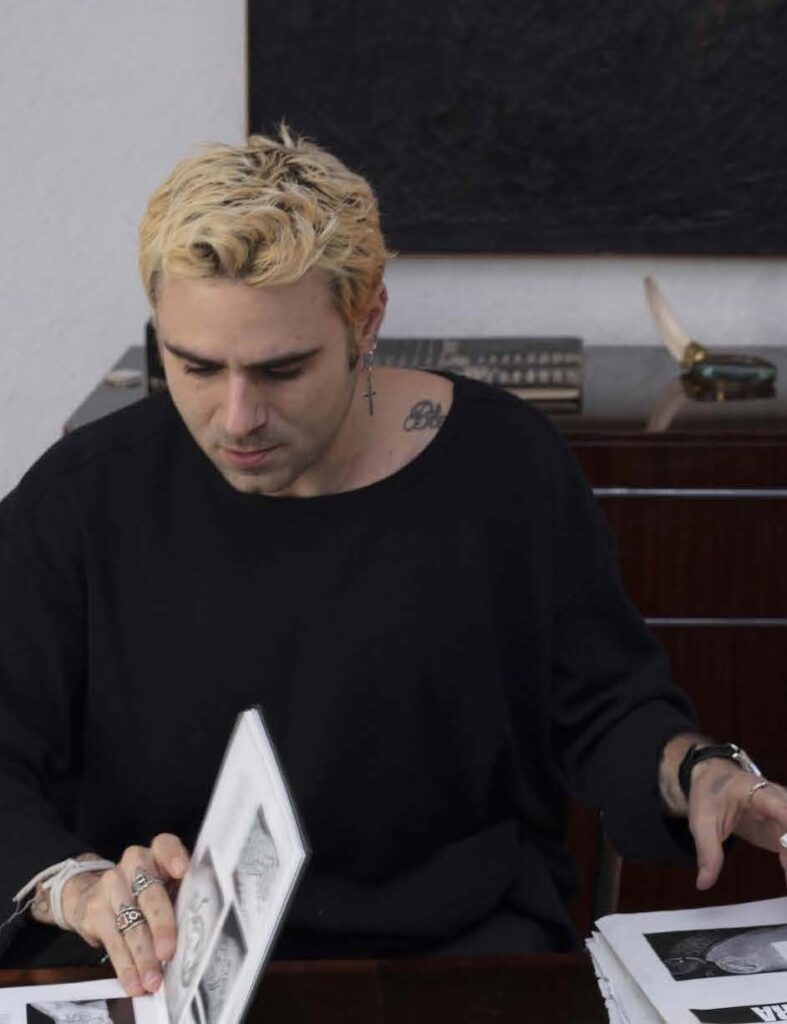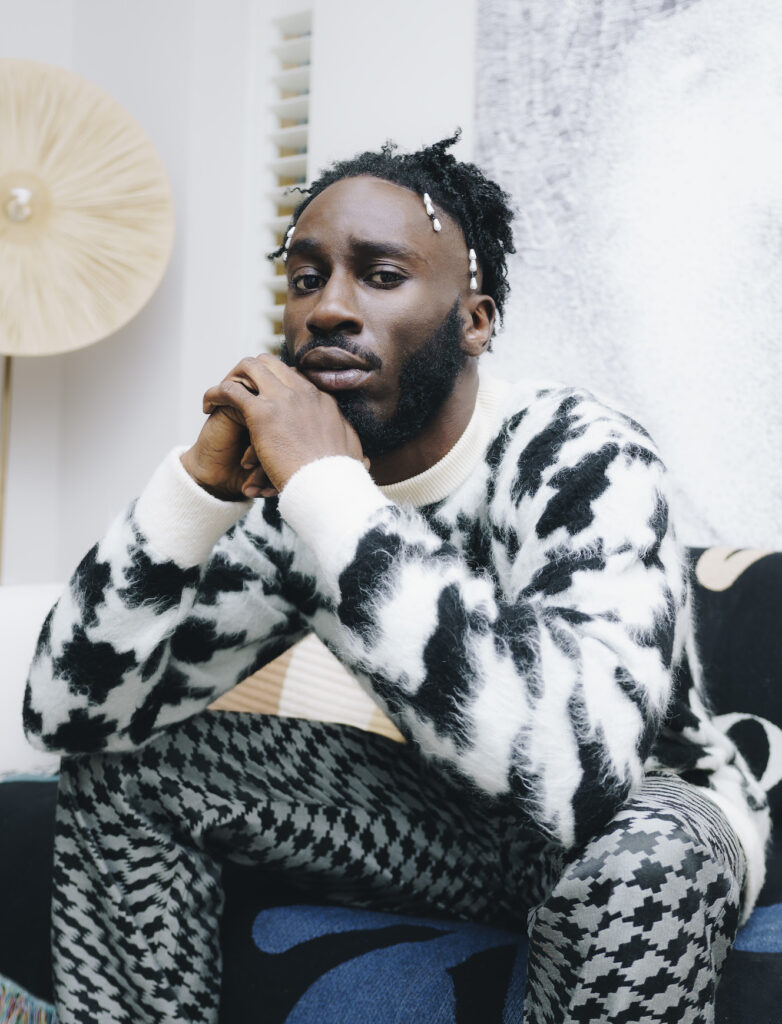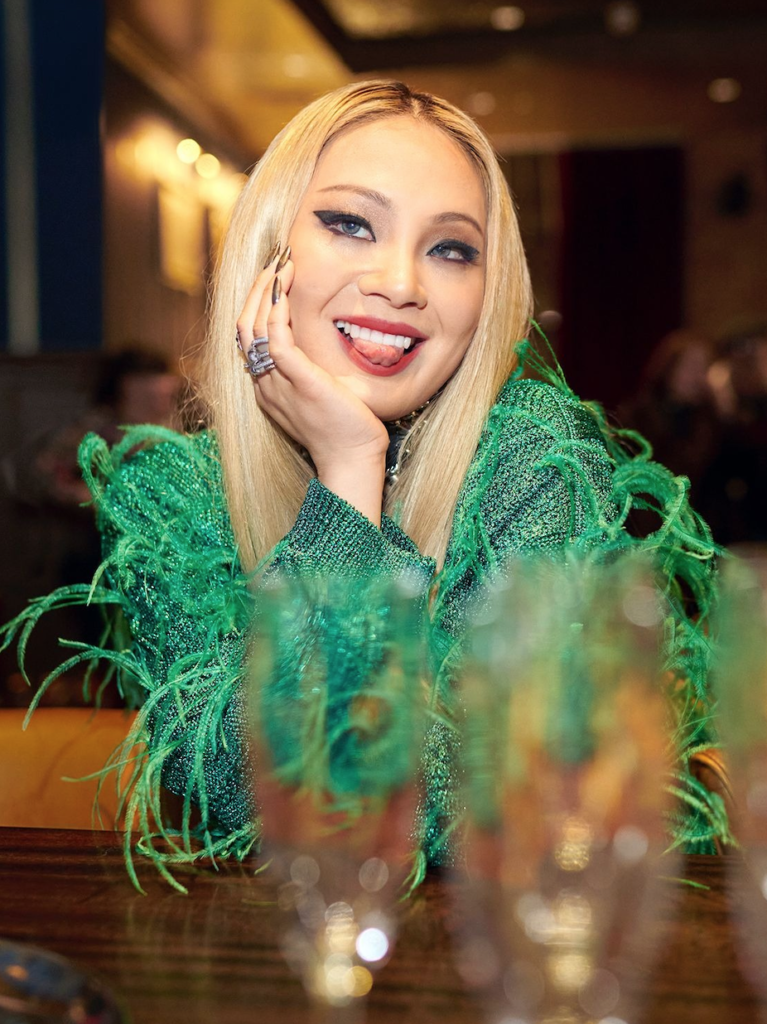Sports Banger Brand Moves with Fluidity Across Fashion, Culture, Art, Music and More
Photography by STEPHANIE SIAN SMITH
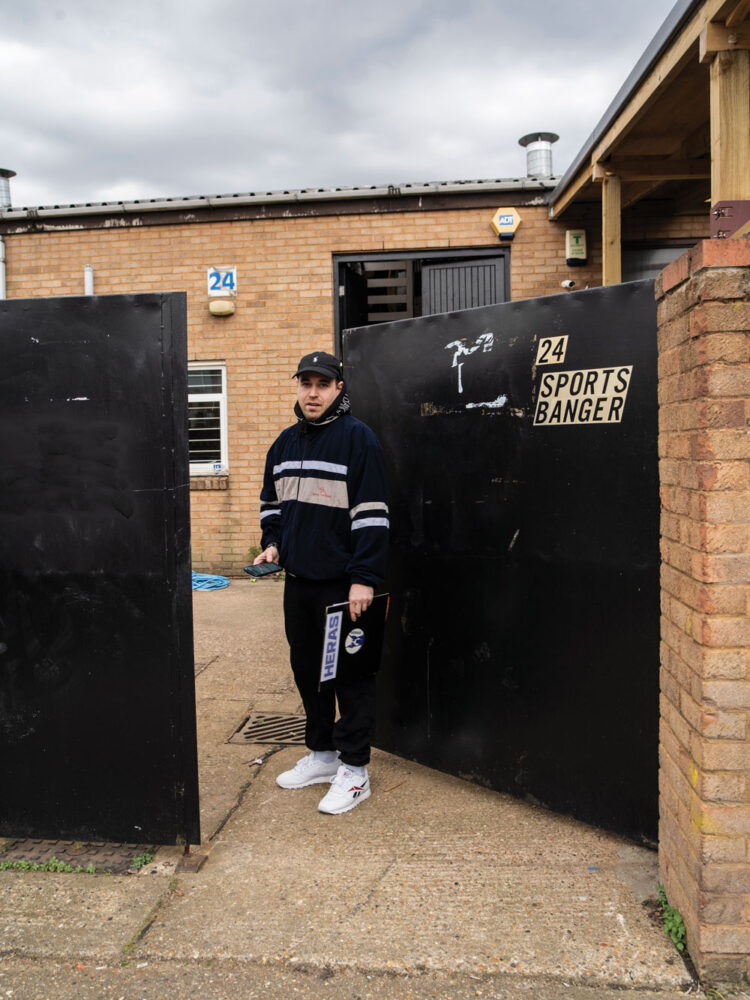 I arrive at Sports Banger headquarters exactly on time. It’s a muggy, overcast day and the building’s right at the end of an unremarkable industrial estate in North London’s Tottenham. A big black gate exclaims SPORTS BANGER in gold lettering. I might be at the right place but it doesn’t have a bell. I bang the metal as loud as my British politeness will allow. Then a bit louder than that. Nothing. On my tiptoes I can see over into a small courtyard where the studio doors hang open. Among hanging rails inside, I can see some movement so someone must be home. I send an “I’m outside” email to Jonny Banger – founder and figurehead of the Sports Banger fashion label. I wait a while.
I arrive at Sports Banger headquarters exactly on time. It’s a muggy, overcast day and the building’s right at the end of an unremarkable industrial estate in North London’s Tottenham. A big black gate exclaims SPORTS BANGER in gold lettering. I might be at the right place but it doesn’t have a bell. I bang the metal as loud as my British politeness will allow. Then a bit louder than that. Nothing. On my tiptoes I can see over into a small courtyard where the studio doors hang open. Among hanging rails inside, I can see some movement so someone must be home. I send an “I’m outside” email to Jonny Banger – founder and figurehead of the Sports Banger fashion label. I wait a while.
Sports Banger is renowned as a socially-conscious, sometime-bootlegging, satirical fashion brand. Bold, exciting, noisy and fun, everything it does is rooted in Jon’s first love of rave. Originally a mic man for DJs and an MC on pirate radio (the name Sports Banger was coined by his friend DJ Klose One), the energy of rave culture is literally in the fiber of everything he does, whether it’s producing bootleg t-shirts, cutting commentary on politics or most recently, creating the most talked about show at London’s Fashion Week.
After another 10 minutes pass at the gate, I re- member we have a mutual friend who I message on Instagram. He says he’ll give Jon a call and soon after, Jon’s creative associate Dominik Riddler comes out apologizing. Jon’s knackered his knee, he explains and is still recovering from the covid he had a couple of weeks ago.
Jon’s all smiles as I climb the stairs to join him at his desk on the first floor of HQ and he apologizes for not standing, pointing at his injured knee. He explains that he “chain smokes through meetings and interviews” and promptly rolls a cigarette. Surrounded by pieces from almost a decade in the business, including Reebok Classics with money in the sole, balaclavas made of Slazenger socks stitched together, [National Health Service] NHS/Nike bootleg t-shirts and of course, pieces from his electric London Fashion Week show, The People Deserve Beauty. A collection that includes a chainmail dress made entirely of steel whistles.
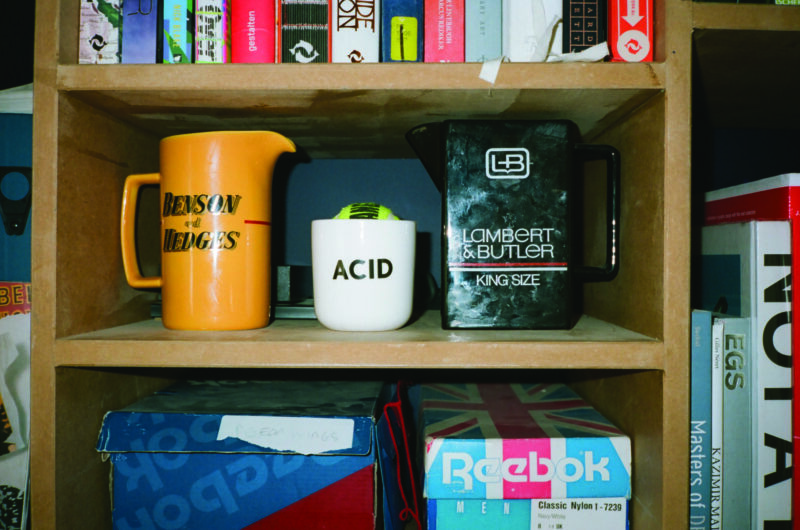
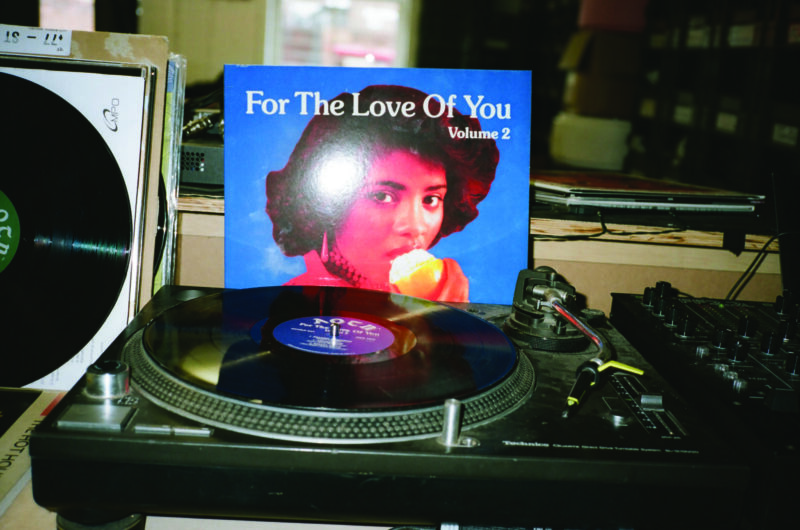
We discuss the success of his letter-writing project, where he invited under-16s to articulate their feelings about the pandemic on the letter Boris Johnson sent to every UK household urging them to stay indoors. Response was so successful that Turner Prize-winning artist—and longtime Sports Banger champion—Jeremy Deller got involved; culminating the submissions into a book and art exhibition: The COVID Letters: A Vital Update. “Jeremy actually opened doors for us,” says Jon. “Many a lesser person doesn’t do that. It’s mad how a little co-sign from him makes people perceive your work in a different way. Even with the fashion show we just did for LFW, it was our fourth one and the previous shows had made noise but not on the scale of this. We were laughing that it took a thousand whistles for people to hear us.”
The Sports Banger story started when he made a t-shirt in protest of the terrible treatment received by London singer Tulisa Contostavlos of the band N-Dubz. She’d been caught in a ludicrous sting by the tabloid News of the World who for no apparent reason had decided to derail her career. Jon made a simple white tee proclaiming FREE TULISA, which caught the public mood when Skream of electronic act Magnetic Man wore it onstage at that year’s Wireless Festival in London. Not only did it get great exposure but another of the Magnetic Man triumvirate, erudite composer DJ Artwork bankrolled the beginnings of Sports Banger. “I met Artwork on the top of a mountain at a festival called Snowbombing,” Jon recounts.
“I went along in shorts and was trying to fly a kite and his exact words were ‘this guy’s going places.’ About three weeks later I’d made this t-shirt and he called me up: “Banger, it’s fucking brilliant. Do you need some money to print these?” I told him I needed a couple of grand and he was cool with it. Then, I needed to make the website and I called him while he was driving on the motorway and asked for his credit card details to do it. He pulled over to sort it. I didn’t even really know him then.” Jon also credits his time as a youth working in a record store in Colchester—a town north of London—for his DIY education. “You realize just how much support and encouragement from elders to younger people actually means. It’s something we try and do with our work as well. It’s a shame there aren’t many places where you get those interactions now. You don’t have the record shops with elders and youngers. It’s all online.”
Dominik politely interrupts, turning his computer screen around to get Jon’s opinion on some pieces for an upcoming project. They’ve been asked to make some pieces for a Netflix film that’s coming out next year with Daniel Kaluuya. “It’s based in dystopian future London where clothing have become walking billboards–even more so than now! That was a really last minute thing to come in.” Less than 10 seconds later he’s signed it off. “We don’t sit at the desk pushing things across the screen,” he says.
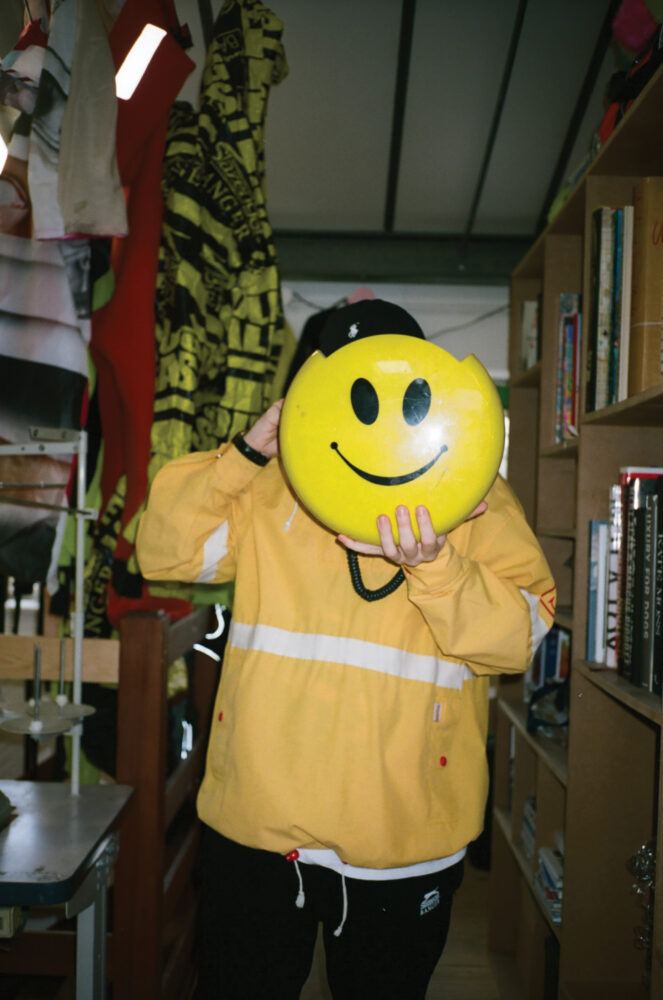
The edit goes on in my head and I guess that’s sort of what Sports Banger is, it’s the initial bang of the idea. I think even that editing process goes back to when I used to host and be on the mic at raves and on pirate radio when you’re trying to say as many things in the littlest amount of words, as loudly as possible. It’s that energy that carries the project through. Some people will have an initial idea and then spend time moving things about but we’re quite good at saying, ‘that’s it, BANG.’
Much has been made of Sports Banger being a bootlegging brand. “It’s an easy thing to call me a bootlegger but if you go through our work [of the decade]”—he pauses to light another cigarette—“you’ll probably find 22 of them are bootleg. But it’s easier for people to use [the word]. The thing I don’t like are parody t-shirts. If we bootleg something, we take something and juxtapose it with something else like the NHS logo and the Nike swoosh. They are highly illegal to do.”
I put it to him that he seems to program fashion like pirate radio. He agrees. “I suppose I do. That’s probably a good way to look at it. We’ve always been on our own terms but it’s never about the t-shirts. They’re just a by-product of this big idea, which is more of a feeling or a message of sorts. It’s not a fashion house in the usual sense. I don’t pattern cut, I don’t sew. I’m a rabble rouser. But if you build a house someone does the electricity, someone does the plumbing. It’s always about processes. I didn’t know how clothes were made until Louis from [co-working space] Tottenham Textiles got me understanding the process and then you just join the dots really. Two heads are better than one, ten are better than two.” The t-shirts pay the bills but it’s the fashion shows that are cementing him as a legit pioneer in the UK fashion scene. Held in the empty space next door to Sports Banger HQ, The People Deserve Beauty won plaudits across the fashion spectrum. The gospel of Vogue cited it, “…the best thing at London Fashion Week.”
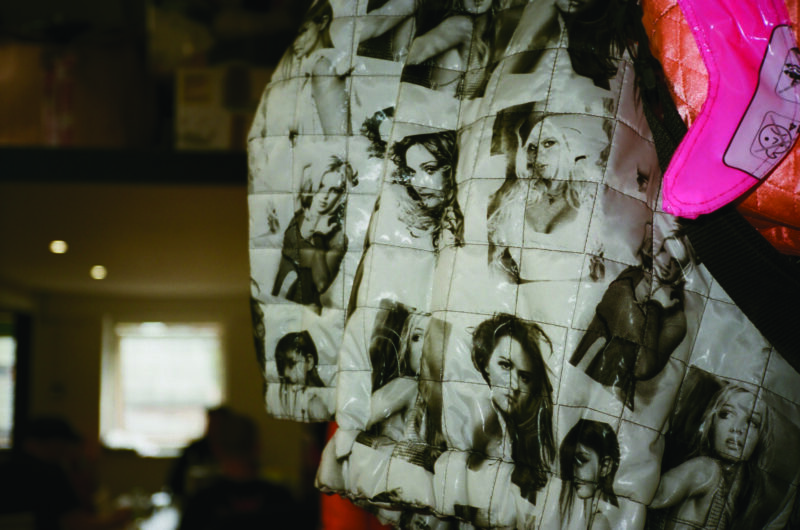 “We never set out to get that kind of recognition but it is nice to get it,” he says, relighting his smoke.
“We never set out to get that kind of recognition but it is nice to get it,” he says, relighting his smoke.
The original working title of the show was ‘Honestly We Can’t Afford It’. With all the stuff we make, we don’t really have the production line to ramp up and sell all the items. Then we discussed it and thought that people need it so fuck it, the people deserve beauty. Day by day, beauty is being eroded but the narrative of the show had lots of twists in it with the [Her Majesty’s] HM Government Truth Twisters quote we used, the Chanel thing made out of the Chanel toilet seats I found on Bury New Road in Manchester, which is a rat run of shutters and secret doorways of moody [stolen] gear to symbolize the country going down the toilet.”
Jon’s on a bit of a roll so I don’t interrupt him as he reveals details of his creative process and collaborative approach to work.
The way we work is we’ll have an initial idea for a graphic or a sketch for a piece we want made and then we’ll engage a designer with whom we’ve got a personal relationship. We meet people here, there and everywhere, whether it’s at the smoking area at a rave or via friends. We tell them to run with the idea and they interpret it. Everyone gets paid and everyone gets their shout out. It’s mad that that is a radical concept in fashion. We have a cooperative feel to what we do. When we were working on the show and asking ourselves why we were doing it because it’s a lot of money for a 30-minute long pat on the back. But people were coming into the studio like Emanuelle Soum from House of Mugler in Paris who choreographs our stuff and our mate Chunky from Manchester…people were coming into the studio and we were having these reunions. We hadn’t seen these people for two years because of the whole pandemic. Sports Banger works as a bridge to join all these different worlds and there was just this vibe in the place. Suddenly it all came to life and we realized that was why we were doing it. The energy of the show and the backstage area was something you can’t buy. It is a feeling and it’s with the people. A lot of the elders like Jerry Stafford and Princess Julia were like, ‘we’ve been waiting 20 years for this. It’s like BodyMap was in the 80s.’ Clothes are one thing but it’s the people and the music that bring it all to life and I think a lot of people have forgotten that. It’s not really what you wear, it’s what you do in it. The only thing you should ever queue up for is a fucking rave not the latest drop.
At this point we realize his constantly buzzing phone has in fact been a delivery driver with food trying to get hold of him. Too late though because now he and lunch have disappeared.
“Fashion over food” he laughs.
Moving into this latest, biggest space a year ago has afforded a bit more order to their process. It’s slightly less chaotic and with the extra light levels and space. they’ve added a shop: Maison Bang Bang for sales and a chunky sound system on the ground floor to host their own raves. A handy thing to have as they nurture their latest venture—the record label HERAS, to put out more dance music. Named after the brand of portable steel fences found at all festivals, raves and construction sites, it’s also an anagram of “share.” So a juxtaposition of sharing in creation with the branding of a company that specializes in dividing and excluding. “The idea is that the music sounds like what the fence looks like: hard, obnoxious, industrial but a design classic. It’s built for purpose. We’ve got the next four or five releases lined up. The idea is that the music travels further than the clothes. The clothes are very UK-centric but the music will travel further. It’s just a pop culture kind of thing. So we’re ramping up the mega raves and looking to do a bit of a tour with that. We’re doing a couple of sets and takeovers at Glastonbury [Festival].”
I’m really lucky that Sports Banger as a thing is so fluid. It means we can put on raves, put out records, we can do exhibitions, books, fashion shows. We can do t-shirts, education and politics. Although it can look like chaos, there is a stream and a narrative to it all. Sometimes you find yourself, like with the covid letters thing and all of the food bank stuff you’re doing and then you suddenly realize you want to get back to the clothes and make some fantastical stuff and have some fun. Fucking do a rave and headbutt a wall.
@sportsbanger
